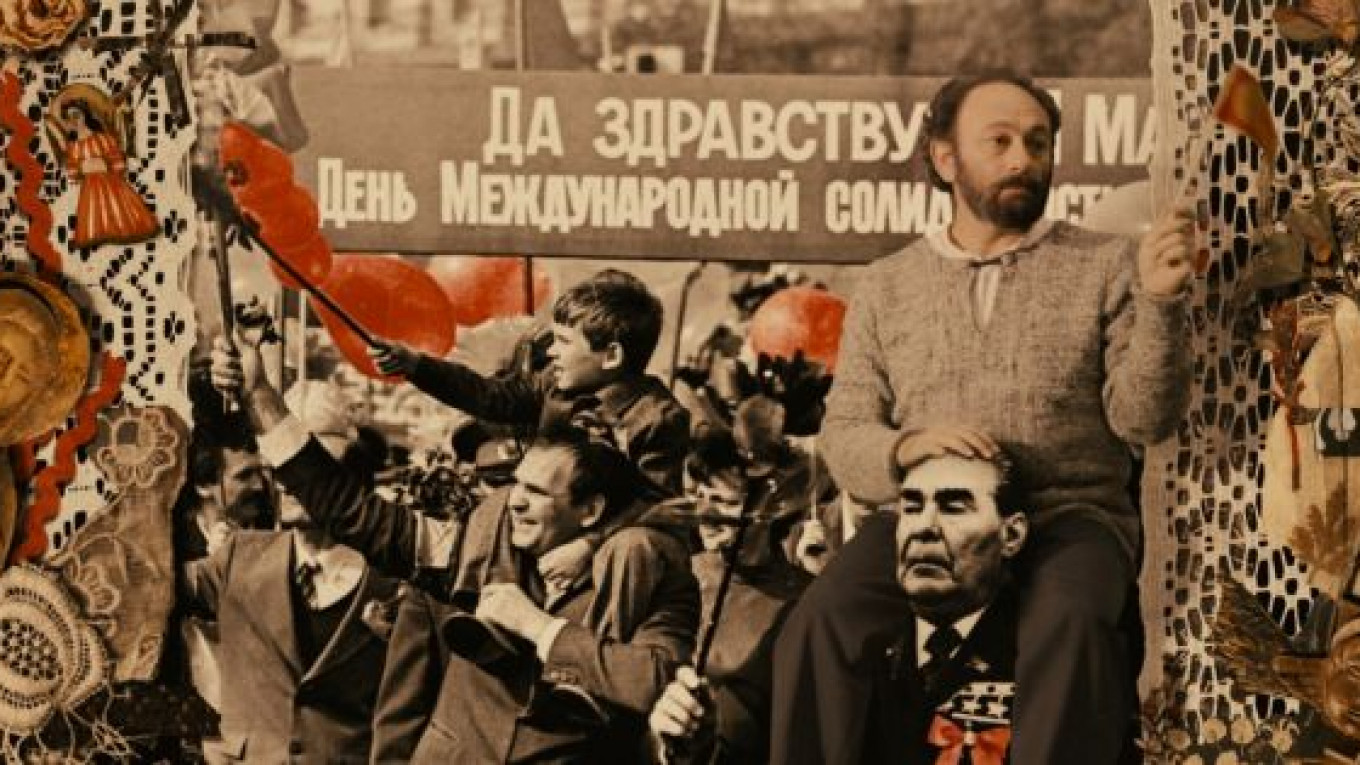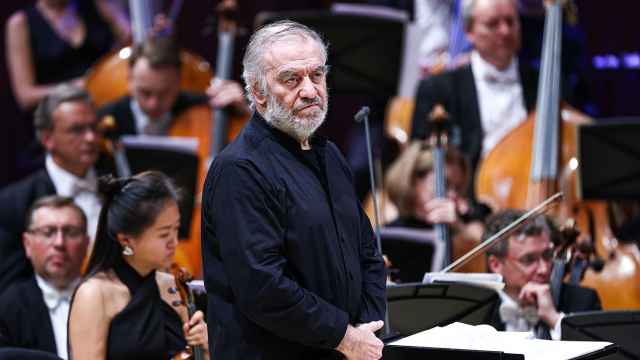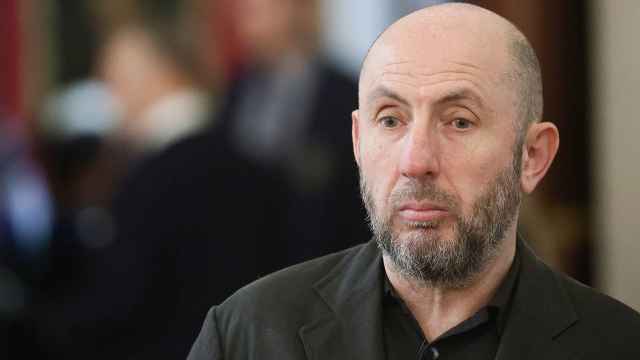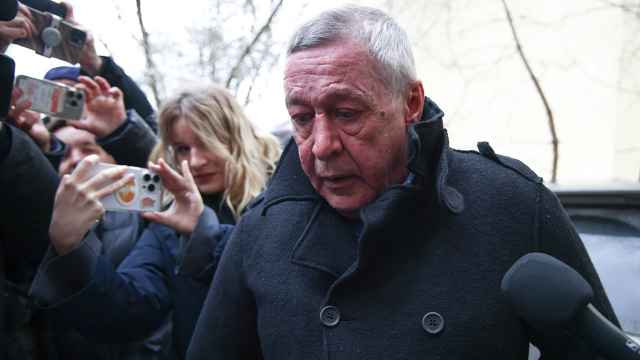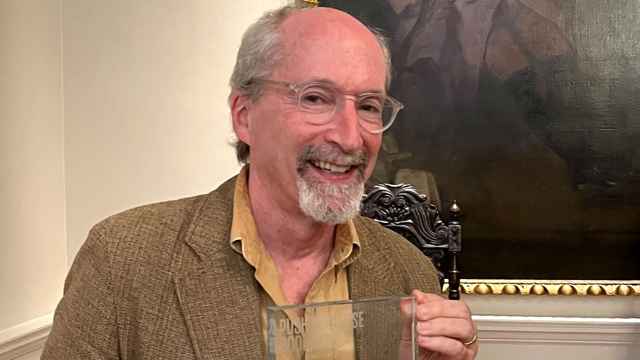As Russian-Georgian relations remain resolutely frigid despite an impending change of president in Georgia, a small group of film lovers showed Russian films in the Georgian capital. The fourth annual Russian Film Festival took place from Nov. 6 to 10 in Tbilisi, bringing an array of new Russian productions south of the Caucasus.
"The Russian Film Festival in Tbilisi remains one of a few — if not the only — institutional forum aimed at fostering dialogue between Georgian and Russian cultural elites and engaging with Georgian audiences," wrote Constantine Lusignan-Rizhinashvili, executive producer of the festival, in e-mail correspondence with The Moscow Times.
Lusignan-Rizhinashvili said the festival screens more than 40 new films each year, including feature, documentary, short, experimental and animated films made predominantly in Russia but also including entrants from other post-Soviet countries.
In previous years, the festival has been warmly received by the Russian film community and has been attended by leading Russian filmmakers, producers, actors and critics. Directors such as Pavel Lungin, Sergei Soloviyev, Eldar Rayzanov, and Alexei Balabanov have all had retrospective screenings in prior years, while this year's program will feature a retrospective of the works of Andrei and Avdotya Smirnov.
Holding the festival is not without challenges, and locals have not been entirely welcoming in previous years. "Part of Georgia's cultural elite have effectively boycotted the event since its launch in 2010," Lusignan Rizhinashvili wrote. "There are those on the extreme who draw parallels with the infamous screenings of German films in occupied Paris during World War II, and those who have turned into loyal supporters."
Apart from those hostile to Russia, the festival's audience is also limited by the language barrier — while Georgia was once part of the Soviet Union, resurgent nationalism in the past 20 years has resulted in a drastic decrease in Russian language use. The younger generation in particular, which did not study Russian in school, has been extremely difficult to attract.
This year, the festival changed its model somewhat by trying to encourage cooperation between Georgian and Russian filmmakers. An "industrial workshop" was conducted for the first time, and the festival also created a platform for young filmmakers to pitch proposals for funding in 2014, making the festival into an incubator for talent as well as cultural exchange.
Despite the festival's continued success in the face of considerable obstacles and animosity, the festival has received very little support from government or private enterprise. According to festival organizers, Georgian businesses are reluctant to appear to support a cause in any way connected with Russia, and the government prefers to remain neutral and uninvolved.
While the Russian Culture Ministry has supported the festival in the past two years, the program is still self-funded for the most part, relying on ticket sales for revenue.
While many Georgians remain lukewarm about Russian culture, festival organizers feel the project is important for advancing rapprochement between the two nations, and aim to continue expanding in future years.
Contact the author at [email protected]
A Message from The Moscow Times:
Dear readers,
We are facing unprecedented challenges. Russia's Prosecutor General's Office has designated The Moscow Times as an "undesirable" organization, criminalizing our work and putting our staff at risk of prosecution. This follows our earlier unjust labeling as a "foreign agent."
These actions are direct attempts to silence independent journalism in Russia. The authorities claim our work "discredits the decisions of the Russian leadership." We see things differently: we strive to provide accurate, unbiased reporting on Russia.
We, the journalists of The Moscow Times, refuse to be silenced. But to continue our work, we need your help.
Your support, no matter how small, makes a world of difference. If you can, please support us monthly starting from just $2. It's quick to set up, and every contribution makes a significant impact.
By supporting The Moscow Times, you're defending open, independent journalism in the face of repression. Thank you for standing with us.
Remind me later.


